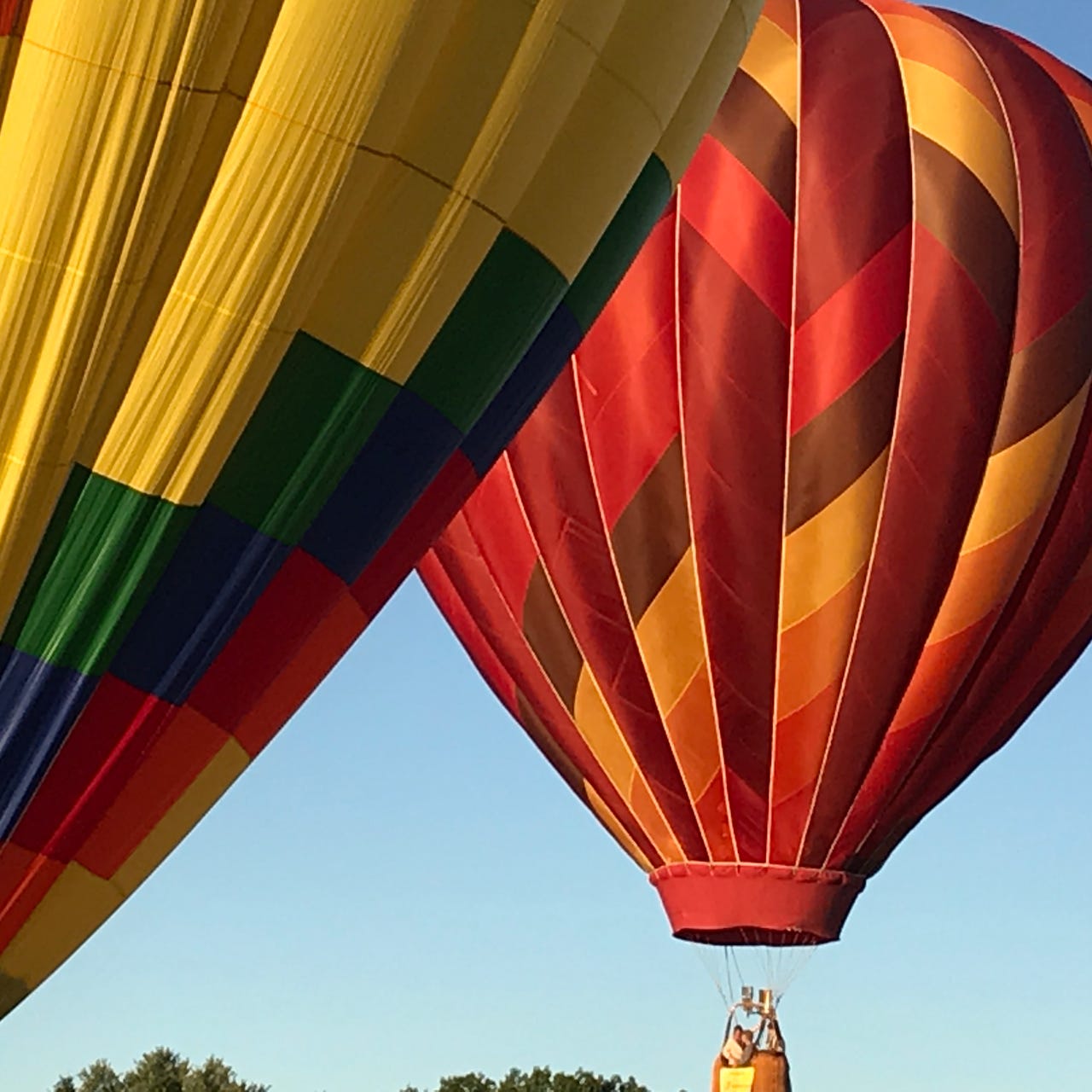Chanukah didn’t fully reach me until after it was over this year. I needed some distance on it, falling as it did alongside Christmas like two runners in parallel lanes reaching for the light and the buffet table at the same time. Now in retrospect, I see myself watching the last candles of the eighth night burn down and feeling the spiritual depth of what is often disparaged as a minor observance. In some quarters, there is always an unspoken anxiety that chanukah is an afterthought, a made-up holiday. That it only exists to compensate Jewish children for not getting all those cool video games and action figures. On the calendar, it takes a back seat to the fall festivals of self-recrimination and the spring sagas of liberation from slavery. But considering chanukah on a deeper level, it could be that the religious imagination calls it minor because of its modesty. It begins small and only gets a little brighter each day, never making much of a fuss. Chanukah asks very little. Only that you clean out the vessels that hold the candles to allow the new light to shine. Only that you sit in the dark of a winter evening and watch the flames reaching up and then falling back one at a time until they are all gone like our parents and some of our friends. No two live and die at the same rate or in the same way. Some of them die down at an even pace, diminishing gradually and going out without fanfare. But some of them fade to embers, almost indiscernible, and then shoot up suddenly in what always seems like a final spectacular claim on life. Afterwards, they release an intricacy of smoke, exquisite and insubstantial, a moebius feature that shifts back and forth between two-dimensional and three-dimensional. Somewhere in the ballet of the smoke is a wisdom teaching about what happens when we die, but of course, I can’t grasp it. You can’t hold smoke in your hands. All you can do is marvel at its beauty. Chanukah.

One night, we celebrated on the screen with our dear family in Minnesota lighting their candles in Central Time. One night, friends in the Berkshires graciously waited until eight o’clock Eastern to join us on FaceTime. One night, we made chanukah with our beloved tribe in Berkeley and one night in El Dorado, California, we shared the light with seven family members new to the tradition. The babies, our great-grandchildren, enjoyed the candles and everyone scarfed down the latkes.
Chanukah was new to me as well when I bought my menorah at Melvin’s, the Jewish-owned drugstore in Great Barrington, where it lived cheek by jowl with the tinsel and the Santa hats. This was some fifty years ago. I had grown up deracinated in post-war Manhattan where the season centered on Fifth Avenue window displays, the giant Christmas tree in Rockefeller Center, and the high-kicking chorus girls nearby. Over the years, I have decided to claim the drugstore menorah as an heirloom from an imagined ancestry as if it had come over from Romania in steerage. I keep it on a high shelf or tucked away somewhere with the box of exactly forty-four candles, the precise number necessary for eight days of candle lighting. No room for error. Chanukah is a gentle, loving holiday, but like life it makes its demands. It’s all about beginnings and endings, births and deaths.
To everything there is a season….a time to be born and a time to die. And in between, a time to play and to work, to dance and to make love, to protest against injustice and to create art, to become ill and to heal, to teach and to learn. Herein lies the miracle of chanukah. All this is revealed in the light of the candles before they die down, leaving the melancholy wisps of smoke that rise and mingle, each one with all the others, in the aftermath of our stories, our ancestral history, the end of something and the beginning of something else.
Copies of my 2019 essay collection, Twilight Time: Aging in Amazement, are available directly from me (signed) or from Amazon or your local bookseller.




Thank you for sharing. I don’t celebrate Hanukkah but have friends who do. For me it is a privilege to learn more about others traditions and celebrations.
I really appreciated this framing of Chanukah.